Royal Geographical Society (RGS) Explore 2025 weekend, London
The 2025 RGS Explore Weekend brought a restless mix of expedition planners, field scientists, medics, educators and first-time adventurers into one buzzing building at the Royal Geographical Society in London. Over three days of talks, workshops and late-night bar conversations, names like Paul Rose, Ray Mears, Deepak Veerappan, Chloe Robinson and Kieran Wood helped turn vague ideas for “doing something in the field” into concrete plans with maps, budgets, risk registers and research questions.
Ray Mears © Images by Hiatus.Design
Day 1 – Friday 31 October 2025
The opening eventing had a quieter, almost conspiratorial energy. The afternoon session on Using the Society’s Collections, led by members of the RGS archives and research team, introduced people to historic maps, glass-plate photographs, expedition reports and early aerial imagery. It was part research skills workshop, part reality check: whatever remote sensing and tools people were now using, they were stepping into a lineage of meticulous field note-taking and map-making
As the evening opened up, registration flowed straight into the first networking block in the Explorers Bar in the Main Hall. RGS Director Professor Joe Smith welcomed everyone in the Ondaatje Theatre, sketching how the Explore Weekend sat inside the Society’s wider work on expeditions, geography and public engagement. Paul Rose then set the tone with his opening remarks, underlining that modern exploration was collaborative, ethical and often community-led, not a solo flag-planting exercise.
The “Postcards from the field” evening session mixed short talks from recent expedition teams and field researchers. Early-career scientists and expedition leaders shared five-to-ten-minute snapshots, from glacier mass-balance measurements to youth overland journeys and citizen-science marine surveys. While not every contributor’s name made the printed programme, the session established the weekend’s rhythm: tightly timed stories, followed by loose-ended conversations back in the bar.
Day 2 – Saturday 1 November 2025
Saturday was the heavyweight day. Morning yoga on the terrace served as a slightly chilly pre-coffee reset, led by a facilitator from the exploration community who understood both stiff backs and pre-expedition nerves. At 9.30, Paul Rose opened proceedings, and then handed over to the first block of main-stage talks
The early session took people across three very different expedition types. Konstantis Alexopoulos spoke on The Future of the Dragonlakes, Greece, blending high-mountain ecology with questions about tourism pressure and local livelihoods. Dr Chloe Robinson and Ania Sawko followed with Collaborative fieldwork with the Shuar Community, Ecuador, unpacking what ethical, co-created research looked like in practice. Then Officer Cadet Zack Coleman, Officer Cadet Zoe Henderson and Officer Cadet Amelia Hope-Hawkins from Oxford University Officers’ Training Corps described Planning an expedition: Lobuche East, Nepal, complete with route choices, crampon practice, and the less glamorous work of fundraising and risk paperwork.
After a short break, the focus swung towards preparation and purpose. Outdoor skills broadcaster and survival specialist Ray Mears took the stage with Don’t underestimate the importance of preparation, walking through examples where solid planning, kit discipline and realistic training had made the difference between incident and near-miss. Cameron MacKay followed with Travel with purpose: impact planning, showing how projects could integrate conservation, education or community outcomes from the start, rather than bolt them on afterwards. A fundraising panel chaired by a member of the RGS Exploration team brought together Cat Burford, Sarah Henton de Angelis and expedition film-maker and author Tom Allen, who collectively de-romanticised grants, sponsorship and crowd-funding.
Lunch, supported by expedition food company Firepot, spilled into the exhibitor stands in the Main Hall, where organisations ranging from youth-expedition provider Outlook Expeditions to medical and insurance specialists, mapping and satellite-tracking firms, kit suppliers and training providers ran informal one-to-one clinics
The afternoon main-stage block leaned heavily into risk, resilience and human factors. Expedition medic and trainer Dr Jonathan Williamson outlined best practice in expedition medical planning, from pre-departure screening and med-kit design to evacuation decision-making. Wilderness medicine and first aid educator Cory Jones, from First Aid Training Co-operative, expanded on Dealing with mental health distress on expedition, emphasising that psychological safety and early intervention were as important as splints and trauma dressings. Expedition leader Beki Henderson explored the thin line between adventure and survival, using case studies where weather, team dynamics or logistics had suddenly flipped the script. Leadership specialist Martin Murphy closed the block with a talk on building high-performing, adaptable expedition teams, drawing on both commercial and extreme-environment experience.
Later in the afternoon, attendees split into parallel workshops covering mountain and trekking logistics, desert and savannah travel, polar skills, tropical forest fieldwork, oceans and marine projects, citizen science, expedition and wilderness medicine, GIS and low-cost monitoring, and communication skills such as filming, writing and podcasting. These sessions were facilitated by a rotating cast of experienced leaders and researchers listed in the 2025 speakers directory, which spanned everything from school and youth expeditions to inclusive expedition design and ethical fieldwork.
The day wound down with more time in the Explorers Bar and an evening screening of Expedition Amazon, part of the Rolex Perpetual Planet storytelling work, with a short Q&A from members of the film or science team on stage to connect cinematic drama back to on-the-ground logistics and environmental monitoring.
Day 3 – Sunday 2 November 2025
Sunday’s structure was about depth and next steps. Morning yoga returned for those who still had functioning hamstrings, then Paul Rose brought everyone together in the Ondaatje Theatre for a final round of framing and a reminder that, by the end of the day, ideas should be concrete enough to act on
The first main-stage block of the day moved through a sequence of tightly chosen case studies. Dr Deepak Veerappan spoke about India’s Western Ghats “sky islands” in Cloud forests and climate frontlines, highlighting how small, fragmented habitats could act as bellwethers for wider environmental change. Wildlife biologist Dr Matthias Hammer explored Citizen science for conservation, showing how well-designed public participation could support serious data collection. Marine scientist Caroline Park unpacked the nuts and bolts of international ocean collaboration, from permits and port calls to community partnerships in coastal states. Finally, drone researcher and pilot Dr Kieran Wood demonstrated how UAVs and other low-cost technologies were changing field surveying, search and rescue, and environmental monitoring.
Through the rest of Sunday, the programme pivoted into intensive workshops and clinics. Field-research sessions helped participants refine research questions, sampling plans and ethics applications. Medical workshops, often co-run by clinicians like Dr Lucy Obolensky, Dr Jon Rhodes and expedition-nursing specialists who had contributed at previous Explore events, focused on scenario-based learning, mental health first aid and remote telemedicine. Communication and storytelling rooms dug into writing, podcasting, video shooting and editing, and how to pitch stories to commissioners and audiences without resorting to tired “hero explorer” tropes.
By the final plenary, when Paul Rose and the RGS Exploration team drew threads together, the mood in the building had shifted. Many attendees were leaving not just inspired, but holding draft budgets, scribbled kit lists, nascent risk registers, contact details for medics and film-makers, and annotated maps or GIS layers. Explore 2025 had done what it promised on the ticket page: it helped people turn vague ideas for expeditions and field projects into realistic, purposeful next journeys.
You Might Also Like Our Podcast:
















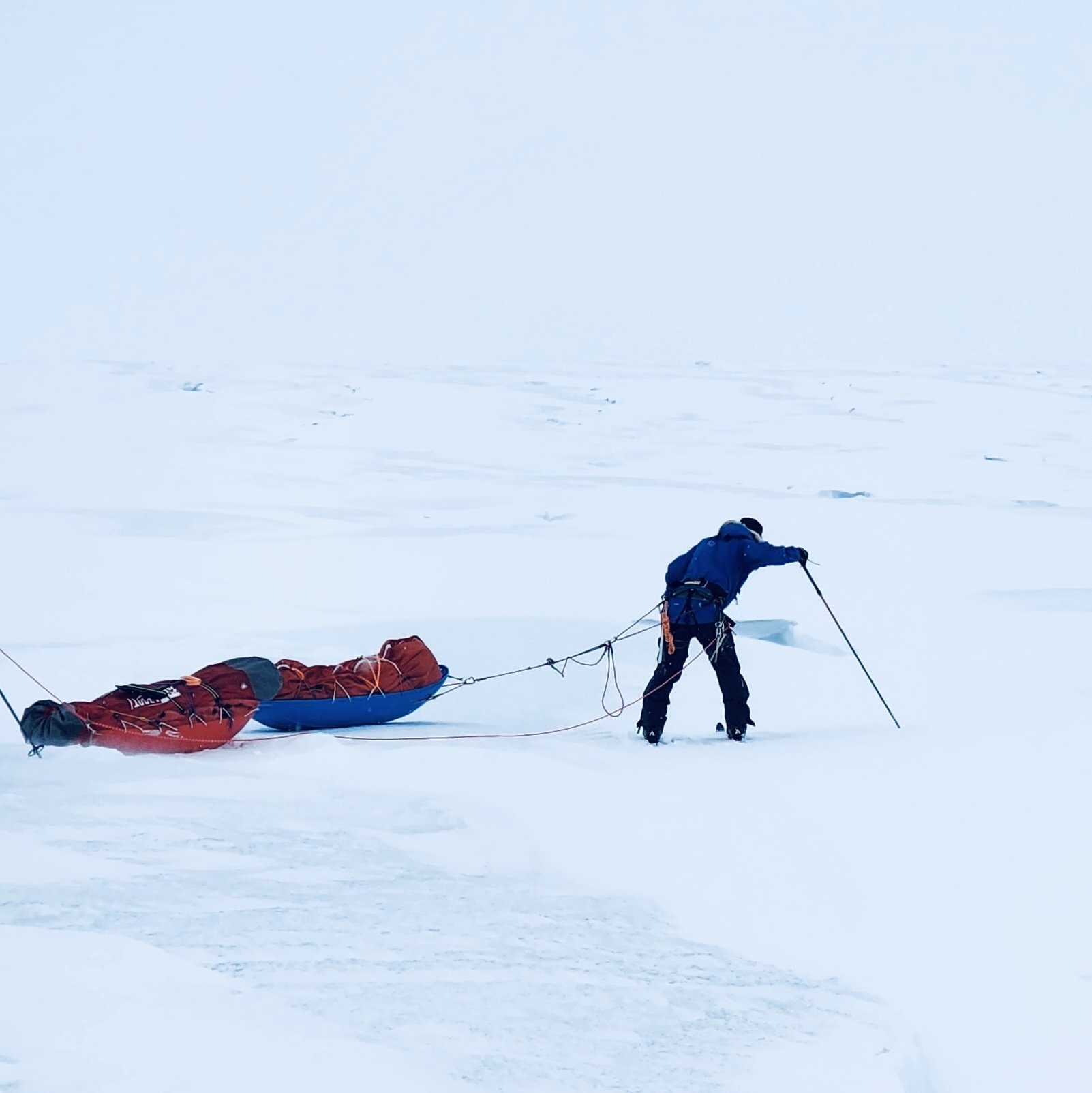

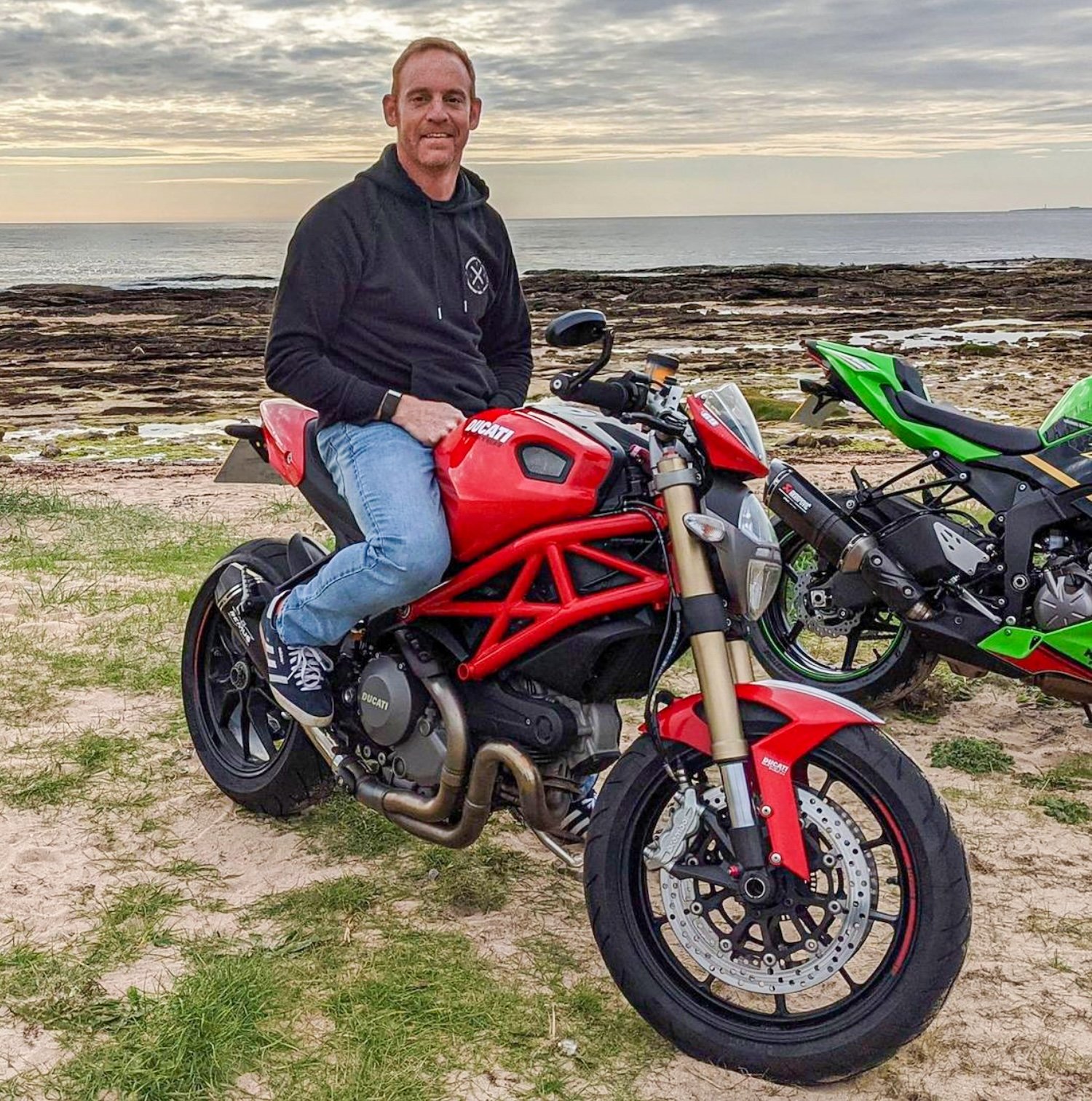



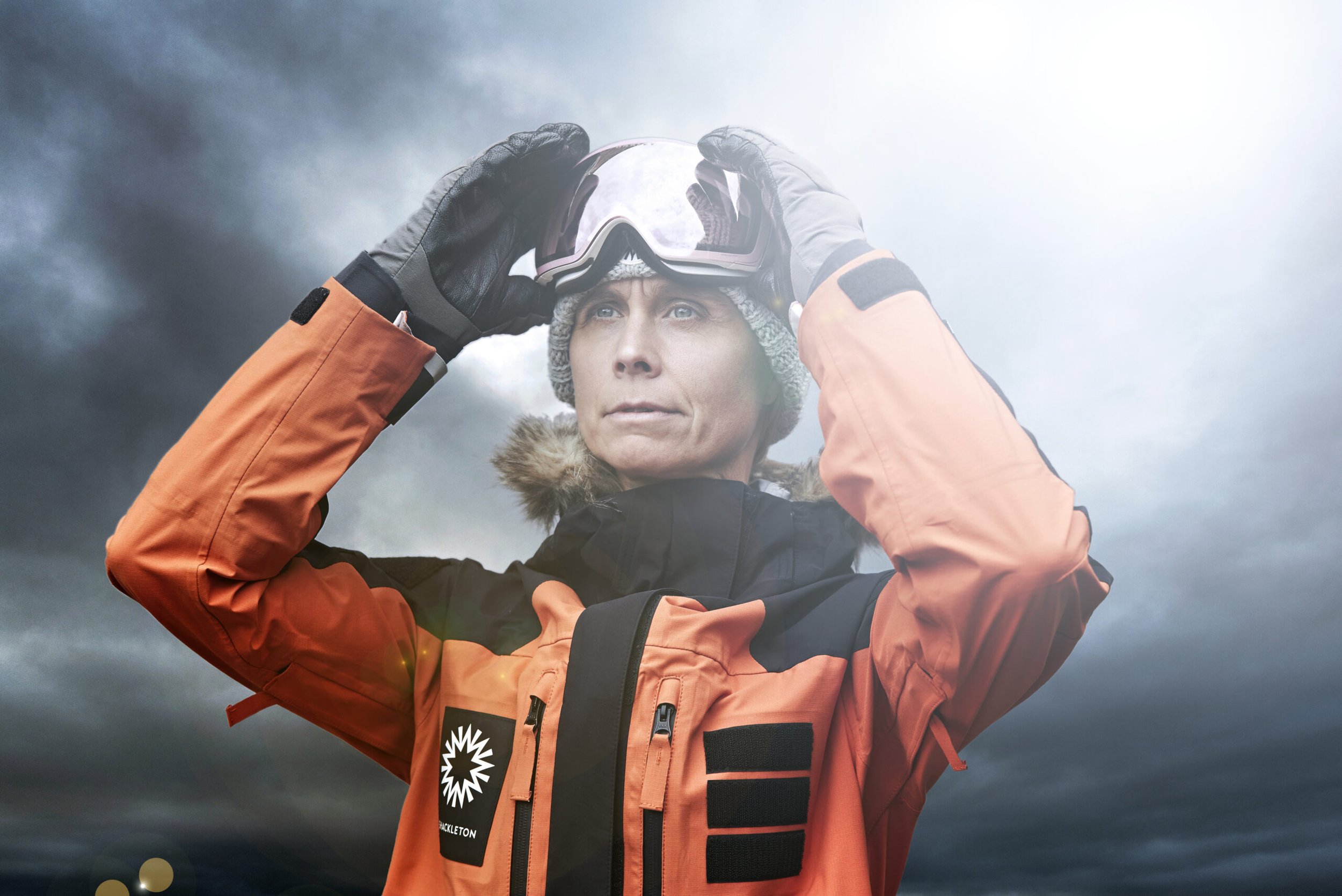
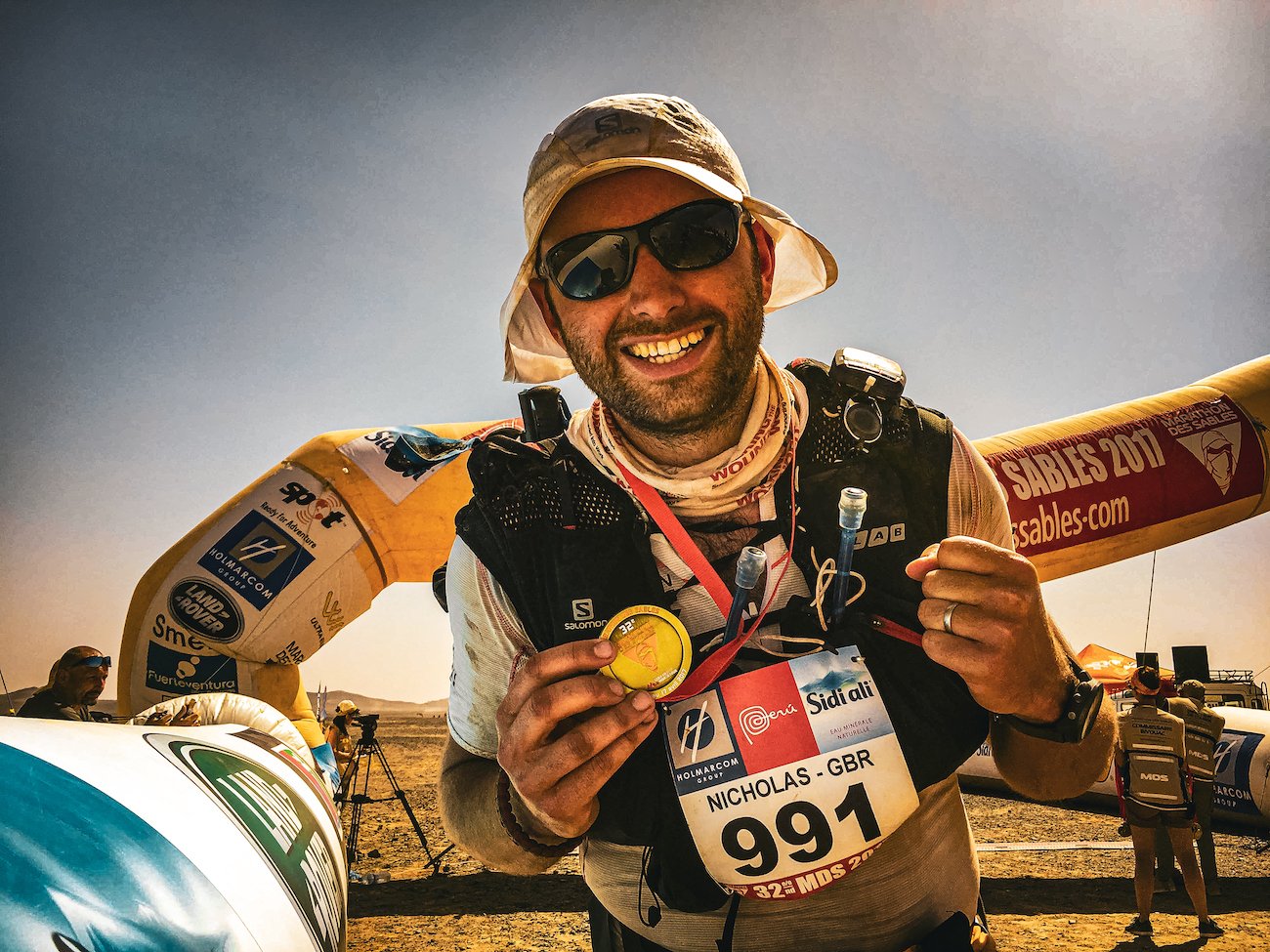
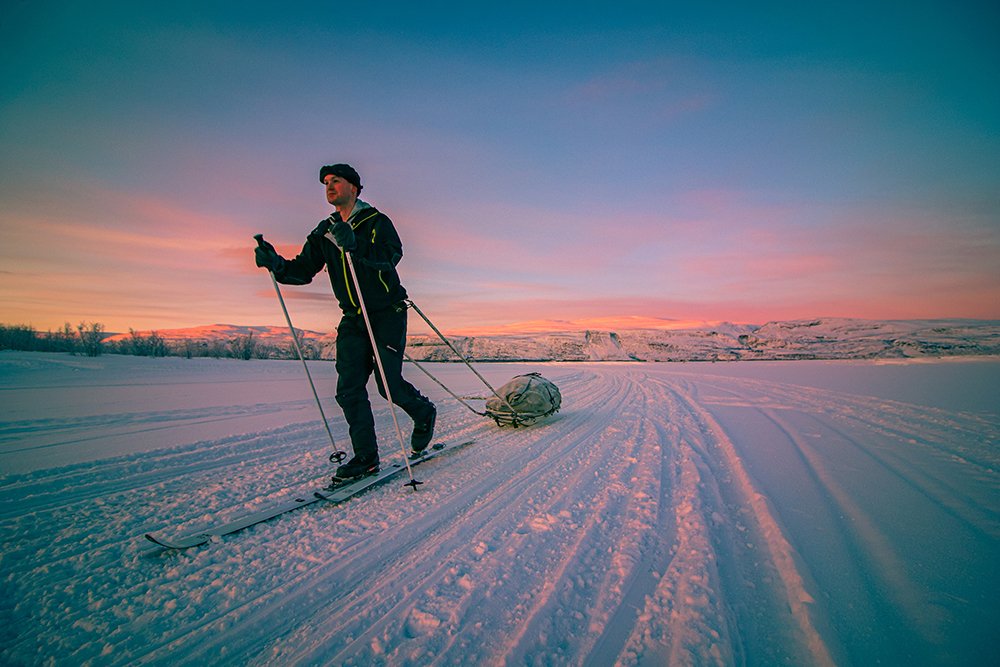
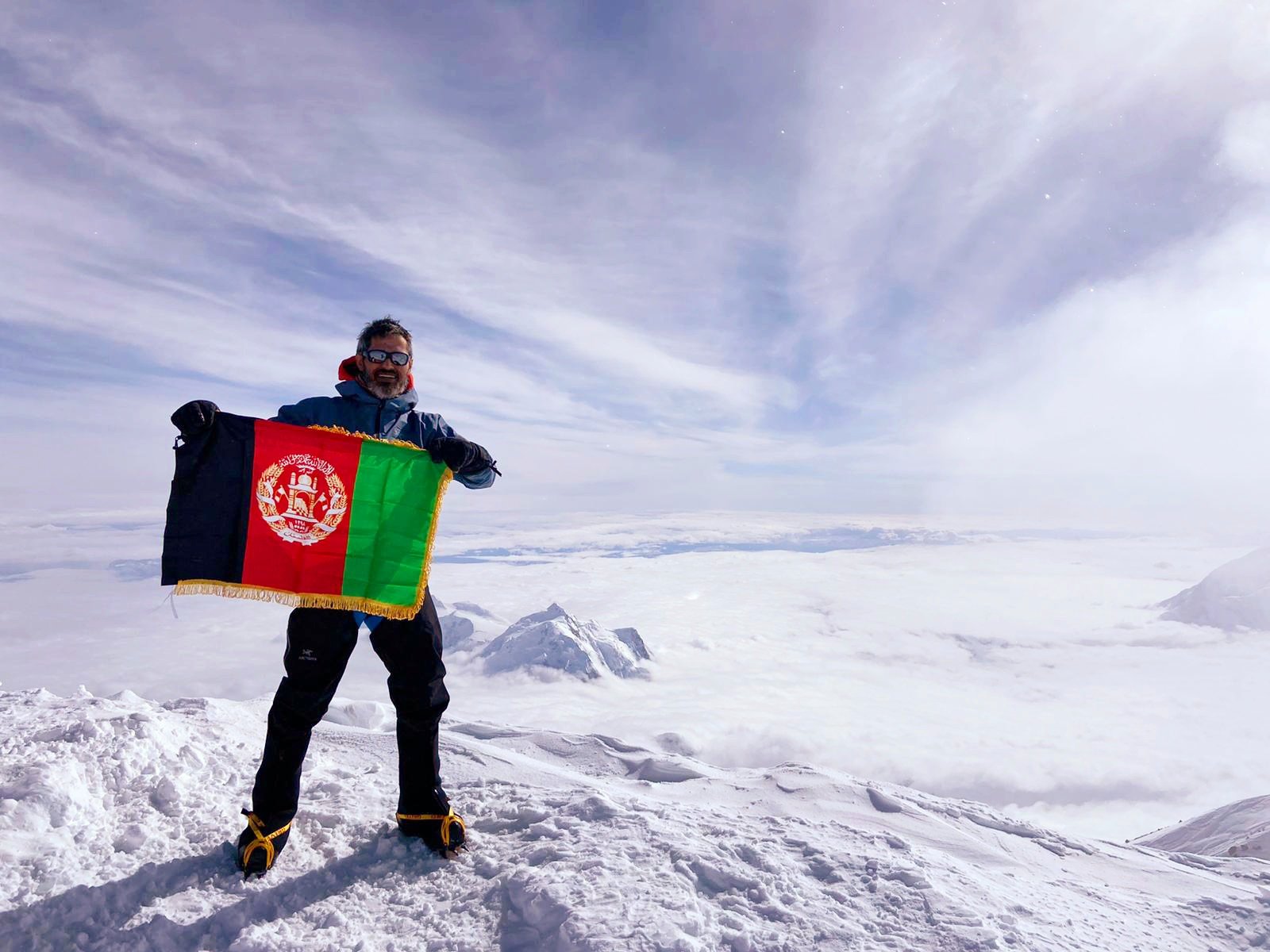
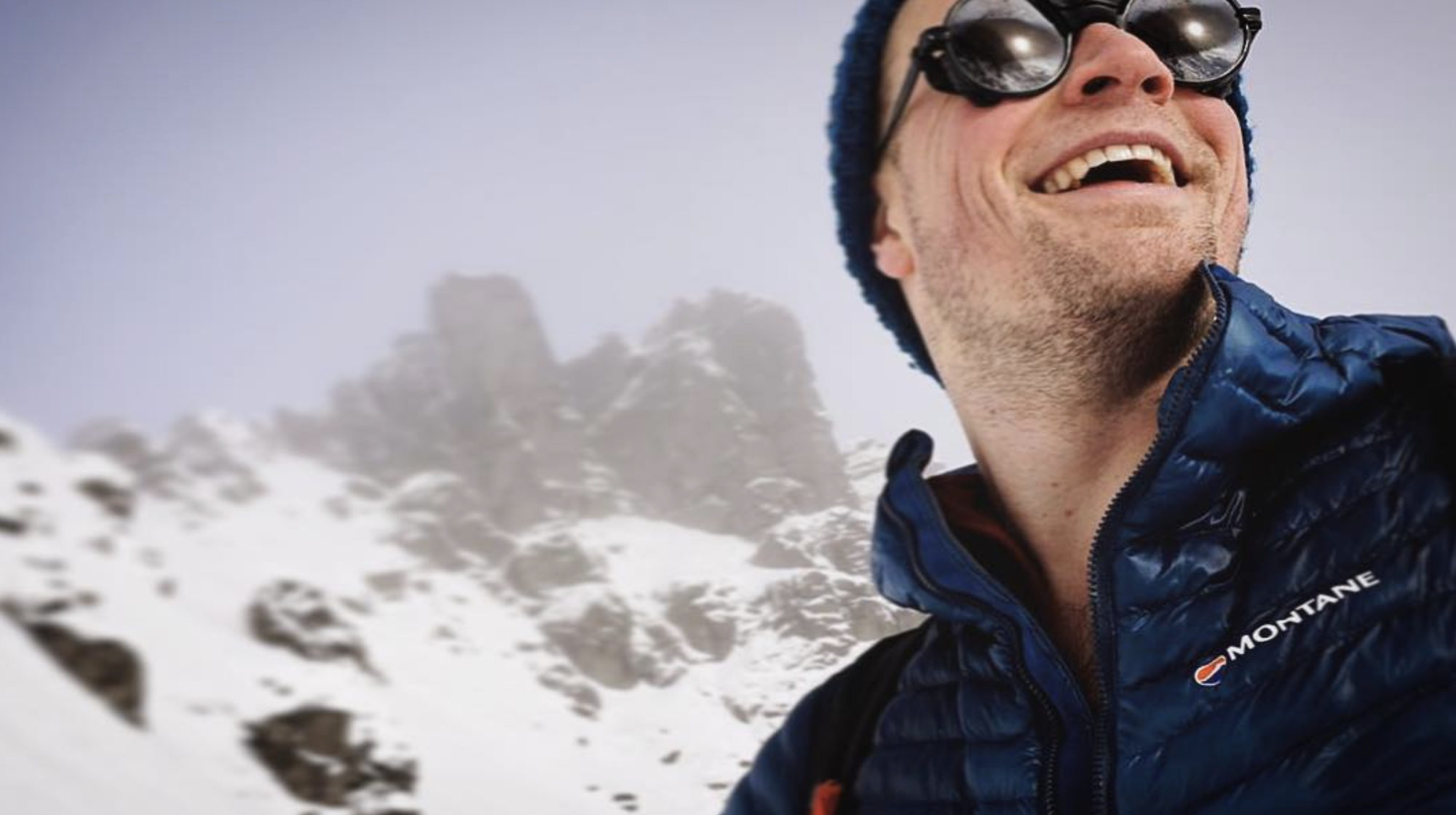
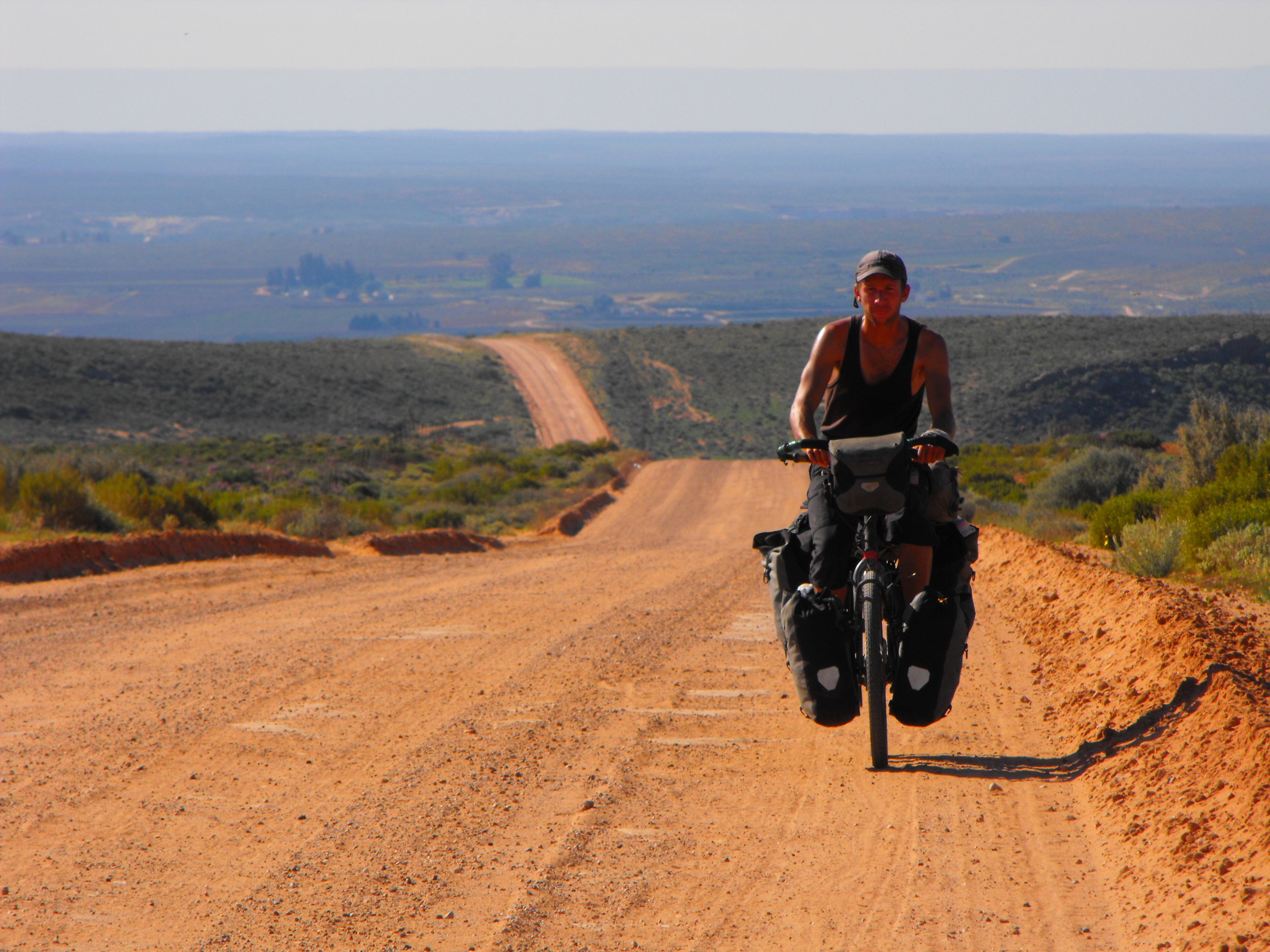
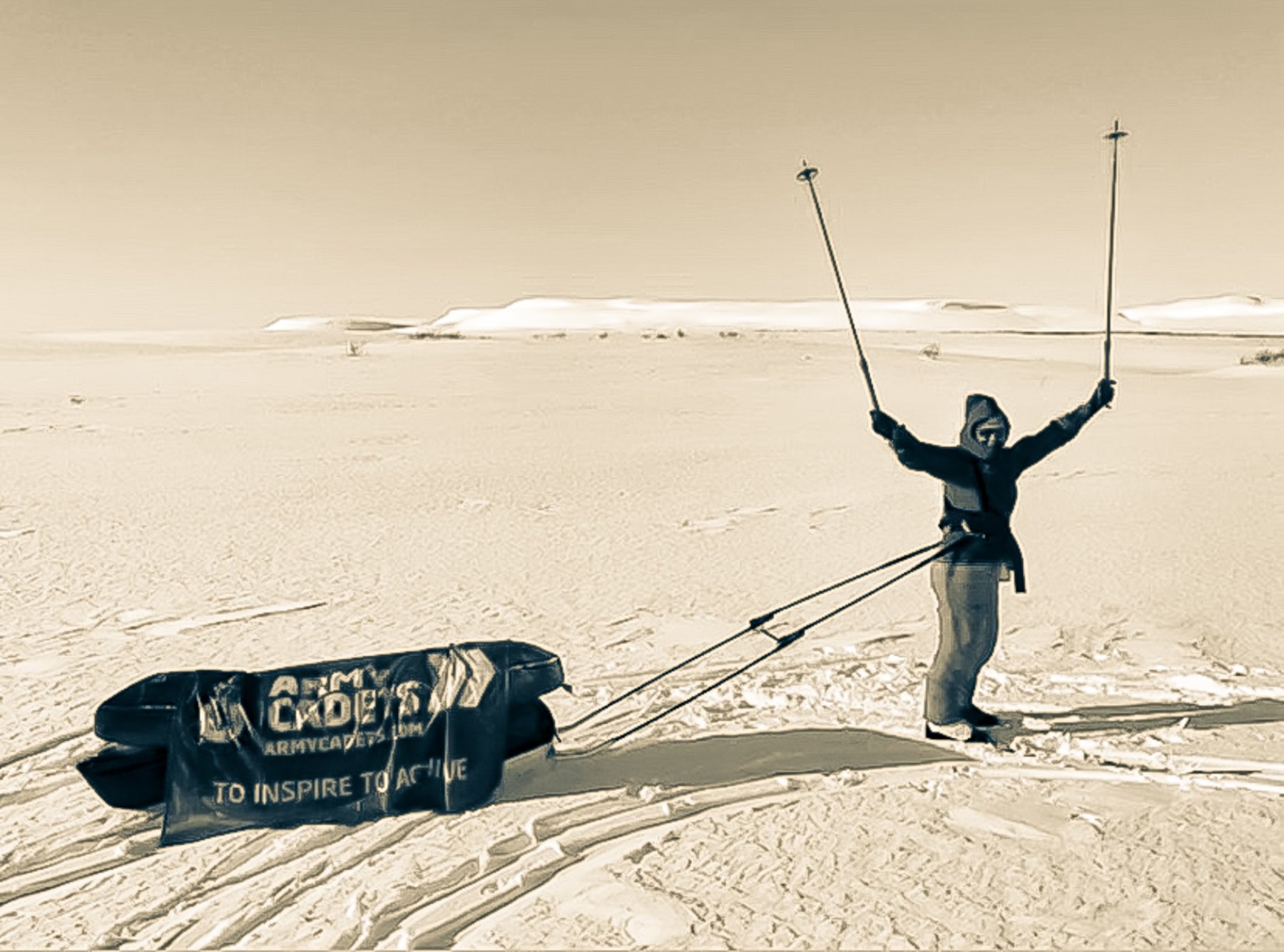

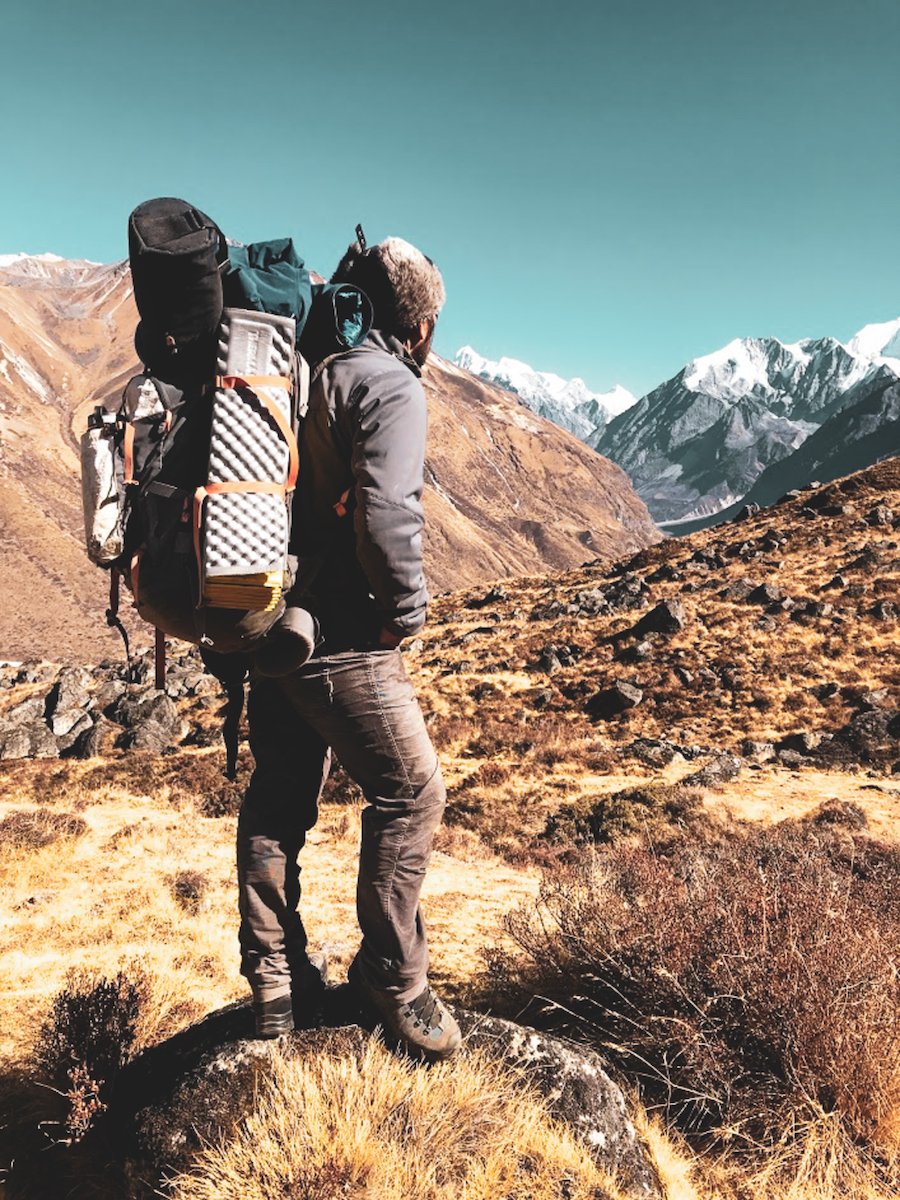


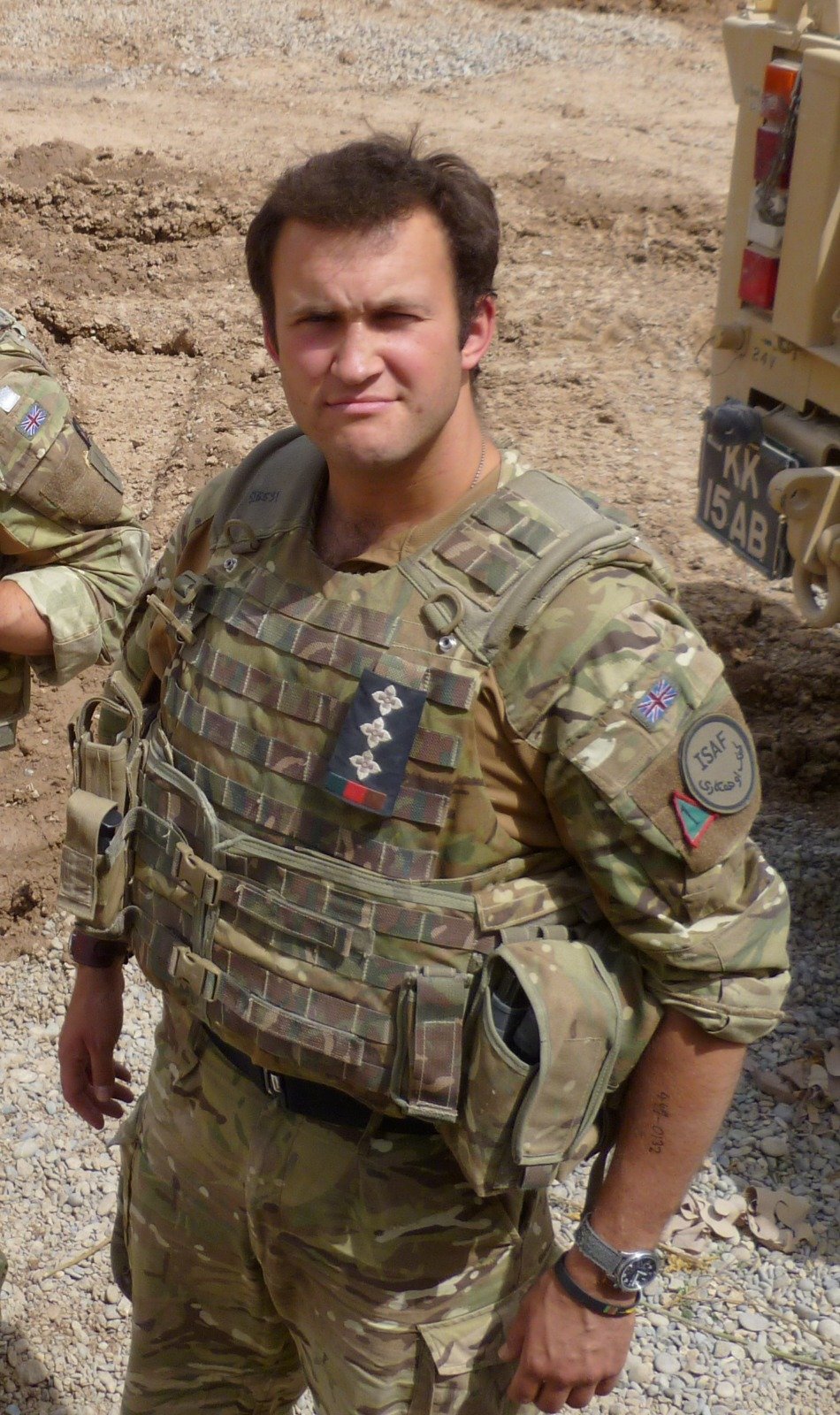

In episode 10, I talk to Alice Morrison, an international author, explorer, and adventurer, known for her writing about her travels to and experiences in remote, challenging, and sandy locations in the Middle East and North Africa.
Often highlighted as the ‘Indiana Jones for girls’, she is the author of "Walking with Nomads", and "Dodging Elephants," which detail her journey through the Sahara Desert.